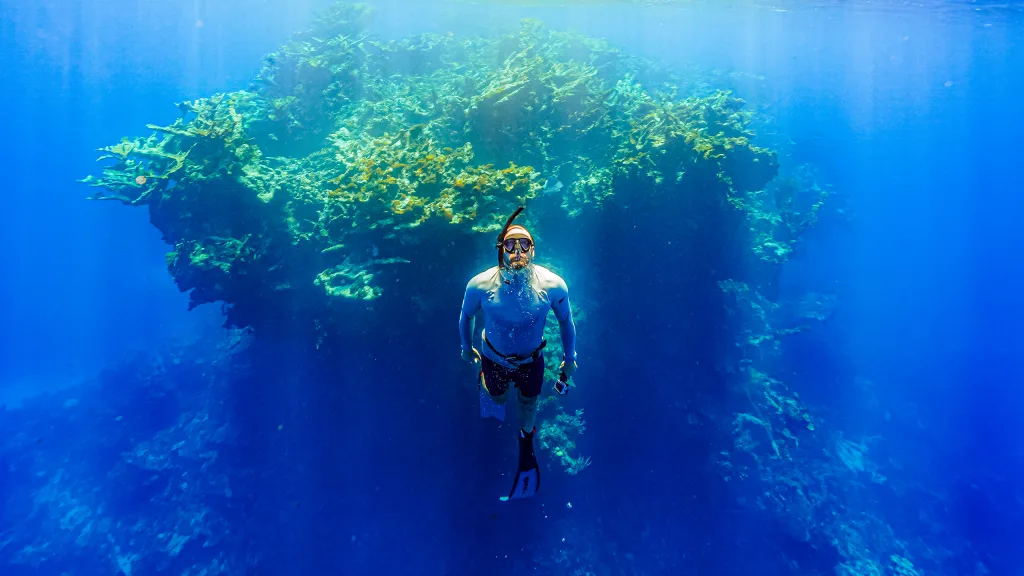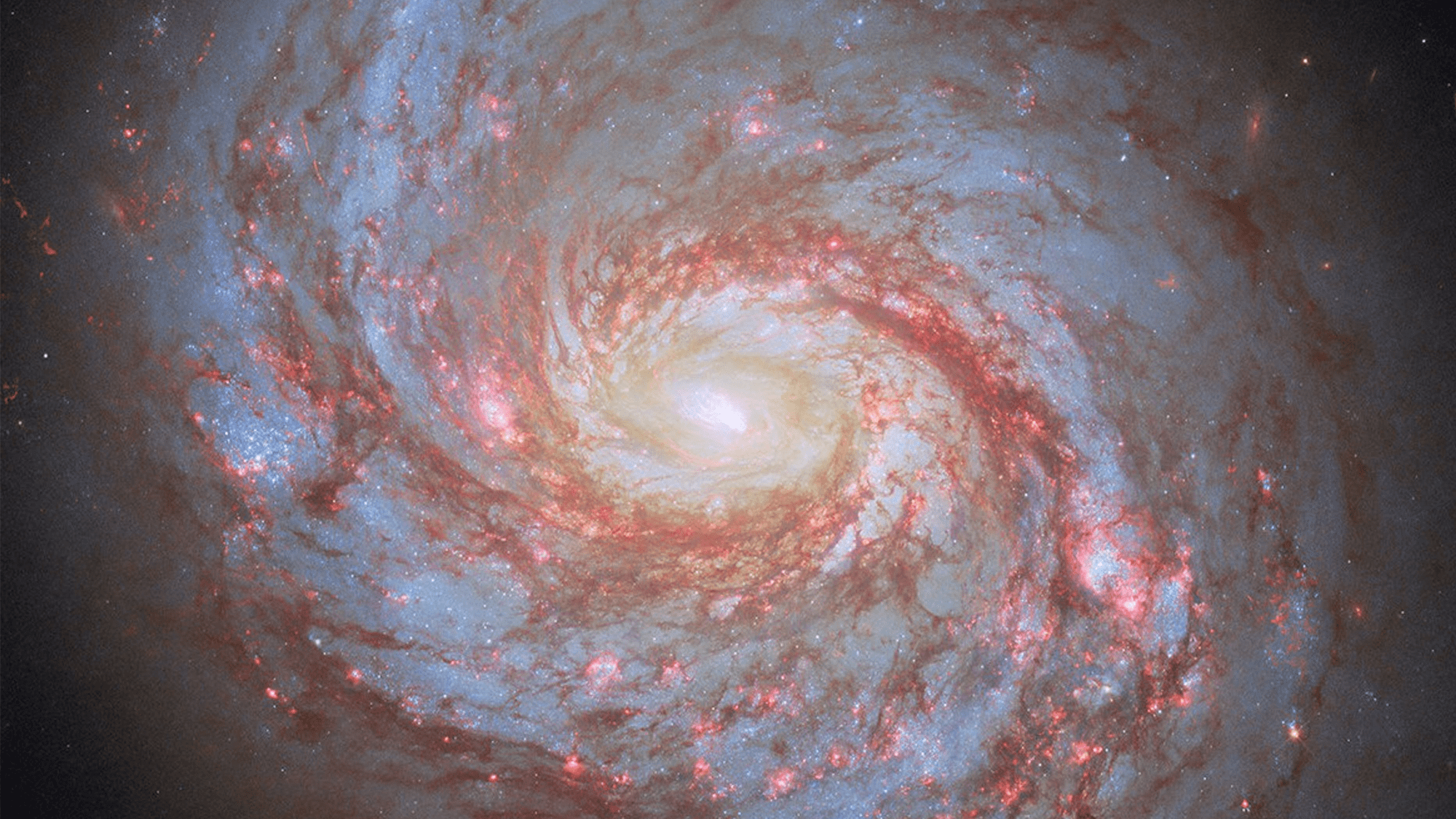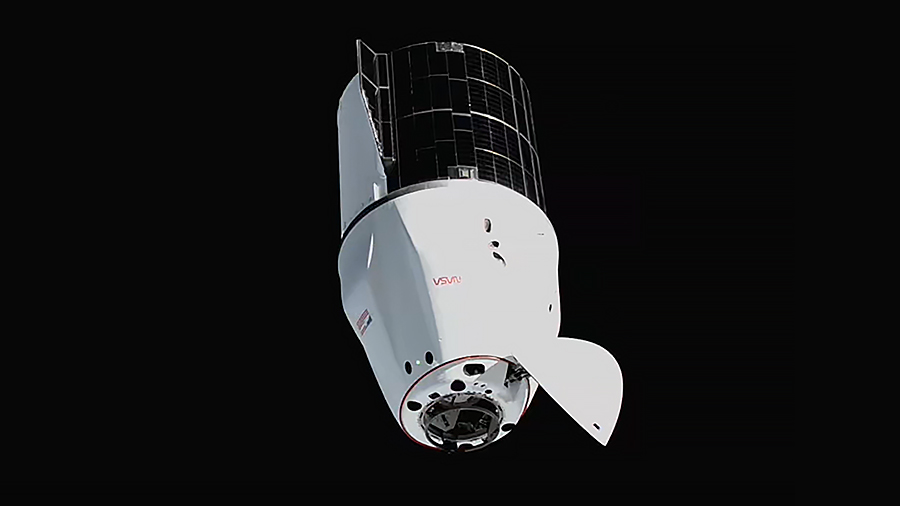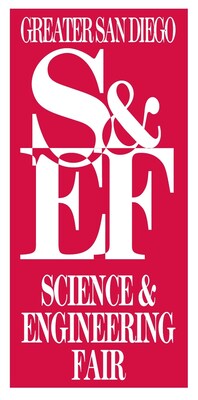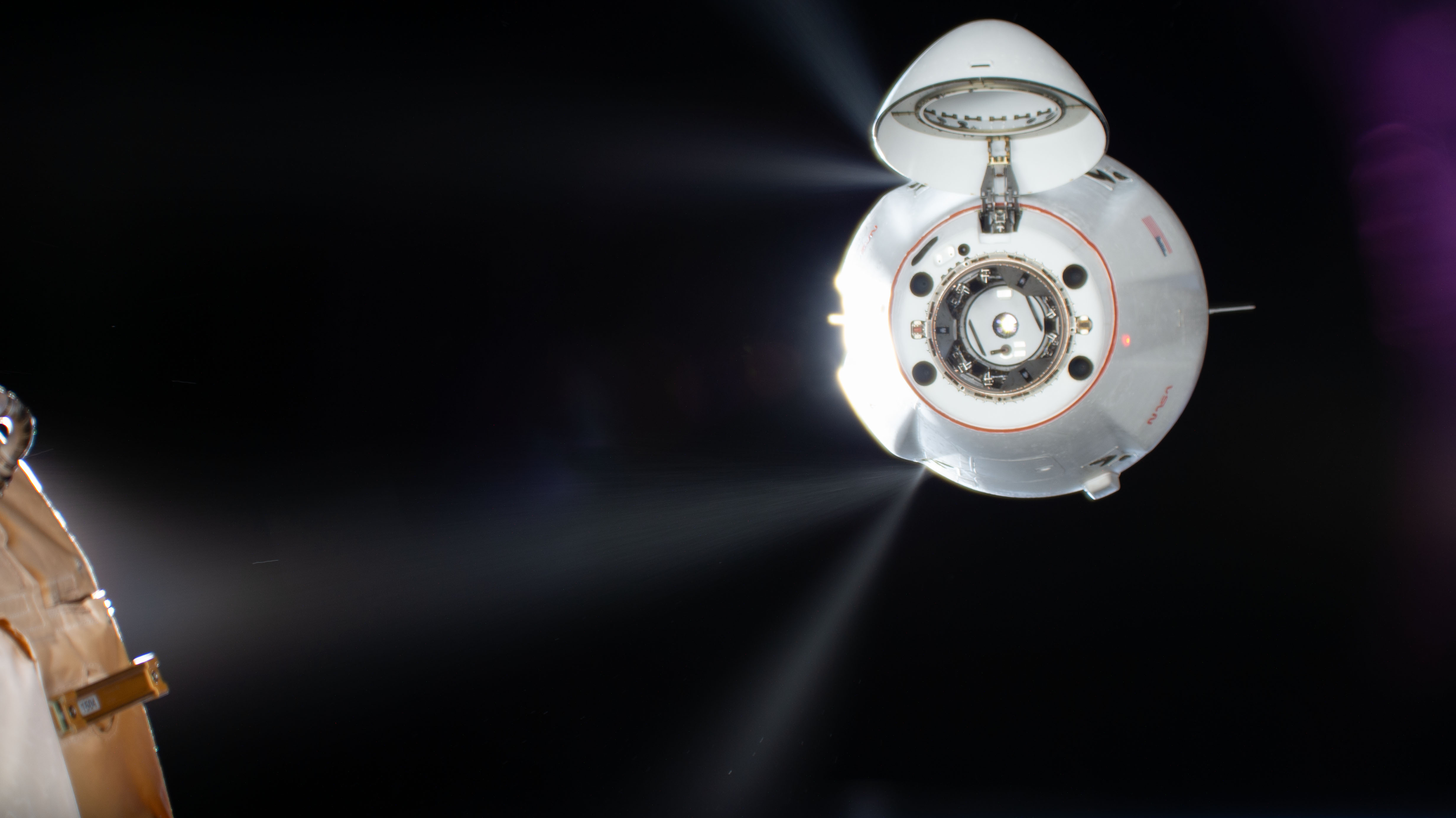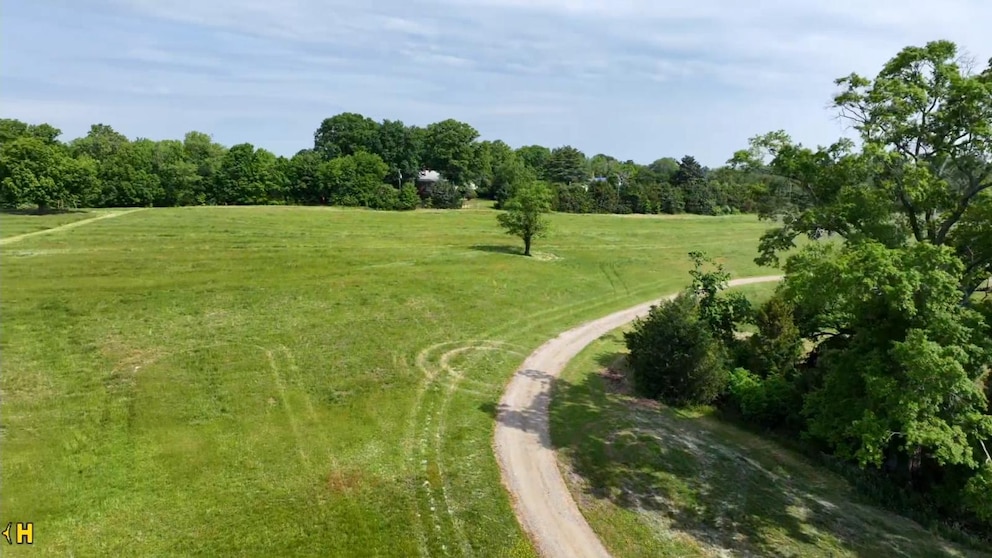
Climate Crisis: The Groundbreaking Science That Could Save Our Planet
Climate change is a complex and often misunderstood topic, and ABC News chief meteorologist Ginger Zee is on a mission to debunk one of the most persistent myths surrounding this critical environmental issue. As a leading expert in meteorology, Zee has dedicated her career to helping people understand the nuanced realities of our changing climate. She's passionate about cutting through the confusion and providing clear, science-based insights that can help people grasp the true nature of global environmental shifts. The myth she most frequently encounters is the oversimplified notion that cold weather or occasional snowstorms somehow disprove the existence of global warming. This misconception reveals a fundamental misunderstanding of climate science. Zee emphasizes that weather and climate are two distinct concepts - weather represents short-term atmospheric conditions, while climate describes long-term temperature and precipitation patterns over extended periods. Through her work, Zee aims to educate the public about the intricate ways climate change manifests, showing that rising global temperatures can actually lead to more extreme and unpredictable weather events, including intense cold snaps and severe winter storms. By breaking down complex scientific concepts into accessible language, Ginger Zee continues to be a crucial voice in helping people understand the real challenges and implications of climate change.


